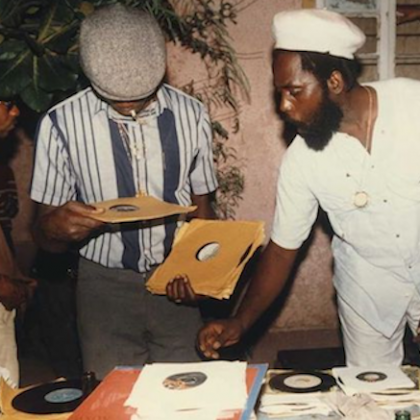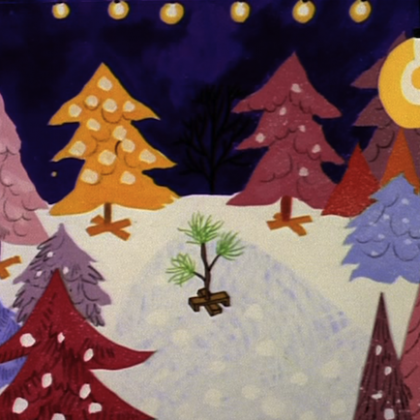In the process of building her third album under the name Torres, Mackenzie Scott found herself drawn to hypnotic music -- music that physically affected the body. Tellingly, traces of kosmische musik run throughout the largely electronic framework of Three Futures, recently released by 4AD, but the album's connection to physical form runs deeper than just its motorik heartbeat rhythms. It's an album informed by all senses, art rock as body music, and beyond being Scott's finest record yet, it's one of the most physically-minded albums of 2017, a document of pleasure, self-knowledge, and spiritual release via a carnal vehicle. "To be given a body/Is the greatest gift," she sings on the album's closing track, "Though the jar lifts and the jar descends/Though the morning glory withers/Before it begins/Though all creation groans."
We caught up with Scott to dive into the qualities of the record, discuss the writing of Ta-Nehisi Coates, and unpack the sexual bravado of cock rock.
Aquarium Drunkard: In the notes that accompanied Three Futures, you discuss being interested in approaching music from extrasensory angles. What led you to approach things that way?
Mackenzie Scott: As a whole, I’ve been thinking about life as being "celebratory." I wanted to find a way to not only impart that thematically into the lyrics, but I also to infuse the sonic world I was creating too. To me, each of the senses – when used to their maximum potential– are acts of celebration.
For example, in one of the songs, I thought of colors: forest green and off-white. I thought of taste – instead of just using a guitar, I'd use a guitar pushed through a polyphonic octave generator so as to eventually, you sort of follow the trail in your head, it makes you feel like you’re eating peach cobbler. [Laughs] I don’t know how much of that actually comes through when people are listening to it. Those elements aren’t really registered on the conscious level, but I think that the intention behind it lends itself, hopefully, to having those elements imparted perhaps on some subconscious level.
Only the good shit. Aquarium Drunkard is powered by its patrons. Keep the servers humming and help us continue doing it by pledging your support.
To continue reading, become a member or log in.

